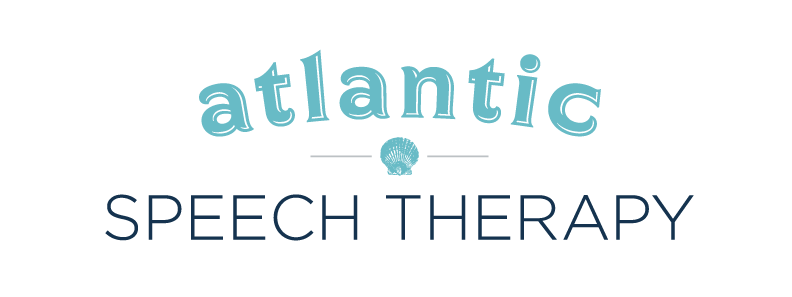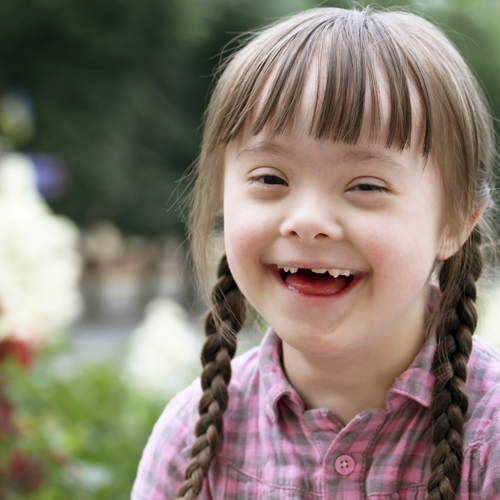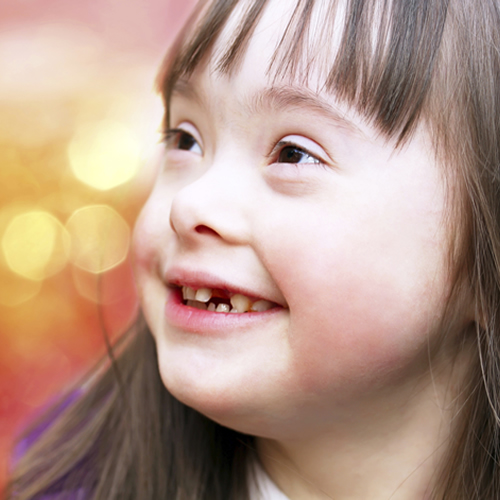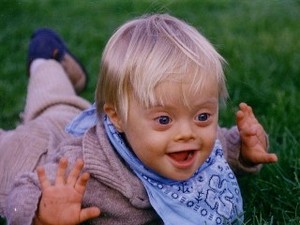Occupational Therapy can help Down Syndrome
During the embryonic development of a child, chromosomes from the mother and father are copied for every cell in the body. There are 23 total chromosomes represented in each cell in the human body, and they are meant to be copied exactly during development. The most common type of Downs syndrome is called Trisomy 21 which occurs when the 21st chromosome is copied one extra time, and then copied and recopied in every cell in the body. No one knows exactly why this initial error occurs and there is no known cure for it, but it is the most common genetic cause of developmental delays and learning disabilities in children.
Although children with Downs syndrome are often eager to interact socially from a young age, they tend to rely on non-verbal gestures longer than most children, due to delays in their speech development. Because speech and language skills are so critical to the development of other abilities, like memory, reasoning, and social interaction, it is important that speech and language development is a focus for parents and teachers of children with Down syndrome.
In Down syndrome, there are many other medical conditions that can present themselves due to the genetic difference. Some common health related issues include heart disease, hearing problems, possible dementia and problems with the intestines, eyes, thyroid, and skeleton. Early screening for these health issues can have a great impact on corrective surgery or therapies. Most individuals with Down syndrome live well into their 50s and are capable of employment and independent living.
Early treatment programs like speech therapy, occupational therapy, and physical therapy can greatly improve a child’s ability to communicate with others and perform tasks necessary to living independently. Atlantic Speech Therapy is a member of the Down Syndrome Association of Jacksonville, and works very closely with children and families to help children with Down syndrome reach their full potential. Our therapists work one-on-one with our patients and involve parents with ongoing therapies at home. If your primary care doctor recommends speech, occupational, or physical therapy for your child with Down syndrome, contact us today and we will help to answer your questions and concerns.



